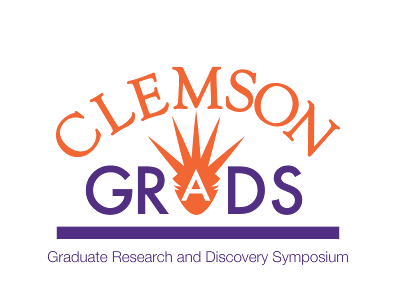Graduate Research and Discovery Symposium (GRADS)
Advisor
Yongxi Huang
Document Type
Poster
Department
Civil Engineering
Publication Date
Spring 2013
Abstract
In this study, the concept of “environmental thinking” is integrated in sustainable biofuel supply chain planning and management and a multi-objective modeling framework is developed. It is aimed to seek best-compromise solutions in achieving economic and environmental sustainability in supplying biofuels from cellulosic biomasses and simultaneously satisfying demand, resource, and technology constraints. In addition to the least-cost objective, greenhouse gas (GHG) emission reduction as another objective is integrated into the modeling framework and carbon footprints will be assessed by using GREET model. This ensures that GHG mitigation strategies are factored in the system planning and management. The biomass-to-biofuel conversion efficiency can be highly uncertain due to the uncertainties inherent in the conversion processes. In this study, the uncertainty will be considered in the integrated modeling framework. A multi-objective, mix-integer stochastic programming model is proposed and solved by the compromise method, a subclass of the goal programming method. The model is used to evaluate the economic potentials and environmental impacts for establishing a biowastes based cellulosic ethanol supply chain in California as a case study. It is found that significant trade-offs exist between economic and environmental benefits, and the uncertainty in biomass-to-biofuel conversion technology has substantial impacts on multi-criteria decision making.
Recommended Citation
Xie, Fei and Huang, Yongxi, "Sustainable Biofuel Supply Chain Planning and Management under Uncertainty" (2013). Graduate Research and Discovery Symposium (GRADS). 50.
https://tigerprints.clemson.edu/grads_symposium/50


